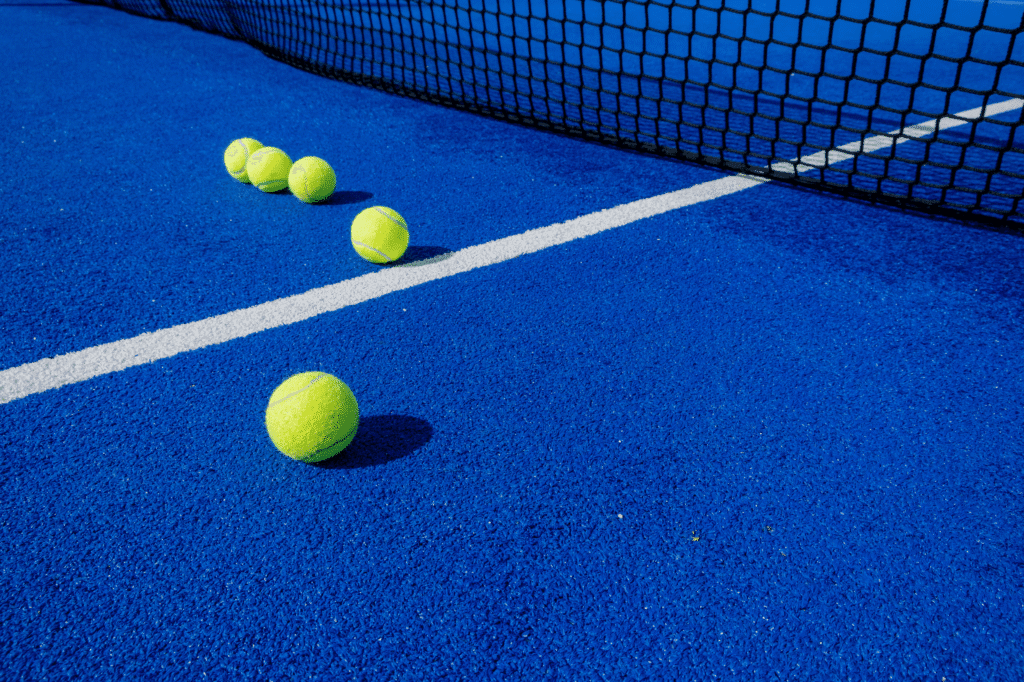How to become a Pickleball Coach in Spain. Pickleball, the fast-paced and accessible racquet sport that has swept across North America, is quickly gaining popularity across Europe—and Spain is no exception. From the coasts of Málaga and Alicante to the heart of Madrid and Barcelona, pickleball courts are popping up in clubs, parks, and resorts. As more people discover the fun and social nature of the game, there’s an increasing demand for qualified instructors. If you’re passionate about teaching and enjoy the sport, now is the perfect time to become a pickleball coach in Spain.
This article outlines everything you need to know about turning your interest in pickleball into a professional coaching career.
1. Understand the Role of a Pickleball Coach in Spain
As a pickleball coach in Spain, your role is to help players learn the game, improve their technique, and enjoy playing in a structured and supportive environment. You might work with beginners looking to try something new, active seniors staying fit, or experienced players preparing for competition.
Coaching in Spain can take many forms: leading group clinics, providing private lessons, organising social play events, or working with schools and holiday resorts. Being a pickleball coach in Spain means becoming an ambassador for the sport, helping it grow throughout the country.
2. Develop Strong Playing Skills
You don’t need to be a professional athlete to become a pickleball coach in Spain, but you do need to know the game inside and out. If you’re not already playing regularly, join a local club or group. Playing with people of varying skill levels helps improve your game awareness and teaches you how to adapt your coaching approach to different learners.
Strong foundational skills and game knowledge will make you a more confident and effective coach.
3. Get Certified
Although pickleball is still relatively new in Spain, coaching certifications are available through internationally recognised bodies such as:
- International Pickleball Teaching Professional Association (IPTPA)
- Professional Pickleball Registry (PPR)
These programs offer structured pathways to becoming a certified pickleball coach in Spain, covering topics such as technique instruction, lesson planning, safety, and student development. Many of these courses are now available online or at international camps held in Spain and Europe.
Having a recognised certification not only improves your skills but also adds credibility to your coaching services.
4. Understand Local Regulations
To work professionally, especially with children or in schools, you may need to fulfil certain legal or institutional requirements. Depending on where in Spain you coach, you might need:
- A Certificado de Delitos de Naturaleza Sexual (criminal background check, especially for youth coaching)
- First aid and CPR certification
- Liability insurance, particularly if you coach independently or rent court space
Meeting these requirements ensures safety and trustworthiness in your role as a pickleball coach in Spain.
5. Gain Coaching Experience
Start building your experience by volunteering at your local club, organising beginner workshops, or assisting more experienced coaches. You might also offer free lessons to friends or family as you practice structuring sessions and giving feedback.
Real-life coaching experience will make you more effective and allow you to develop your personal coaching style. It also helps establish your reputation as a capable pickleball coach in Spain.
6. Promote Yourself Locally
Once you’re ready to coach professionally, it’s time to start promoting your services. As a pickleball coach in Spain, consider the following ways to reach new players:
- Create social media pages with tips, photos, and lesson information
- Partner with local sports clubs, gyms, or padel/tennis facilities
- Offer taster sessions at resorts or expat communities
- Print flyers or posters to distribute around courts or recreational centres
Spain’s mix of locals and international residents means there’s a wide audience eager to try something new like pickleball.
7. Consider Coaching in Tourist Destinations
Many expat and tourist-heavy regions, such as the Costa del Sol, Costa Blanca, and Balearic Islands, have growing pickleball scenes. These areas are ideal for coaching, especially if you speak both English and Spanish.
By becoming a pickleball coach in Spain in these areas, you can tap into seasonal demand, run clinics at resorts, or even launch a coaching business aimed at holidaymakers and retirees.
8. Keep Learning and Growing
As with any sport, the best coaches are always learning. Attend workshops, complete advanced certifications, study match footage, and keep up with changes in the game. The more you learn, the more value you bring to your students.
Joining national or European pickleball coaching networks can also keep you connected to new opportunities and developments.
Conclusion
Spain is quickly becoming a hotspot for pickleball, and with it comes growing demand for skilled, motivated coaches. Whether you’re a passionate player or a fitness professional looking to branch into something new, becoming a pickleball coach in Spain is a promising opportunity.
By improving your own skills, getting certified, gaining experience, and marketing yourself effectively, you can become a respected and successful pickleball coach in Spain, helping to shape the sport’s future and create a vibrant pickleball community across the country.


